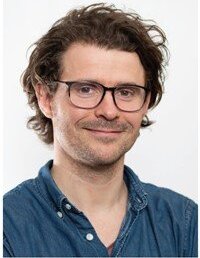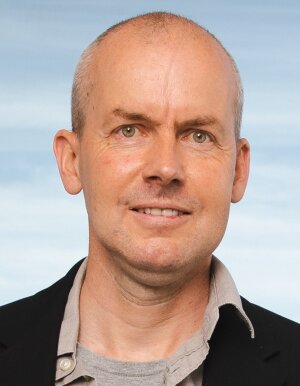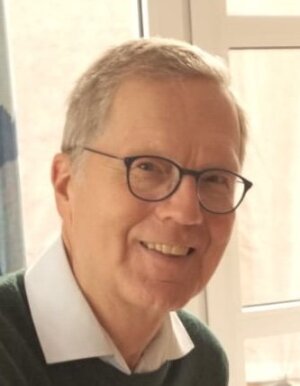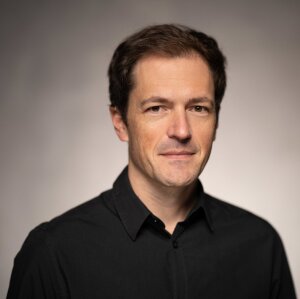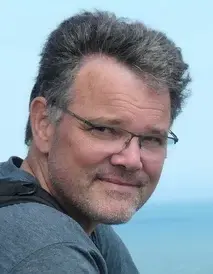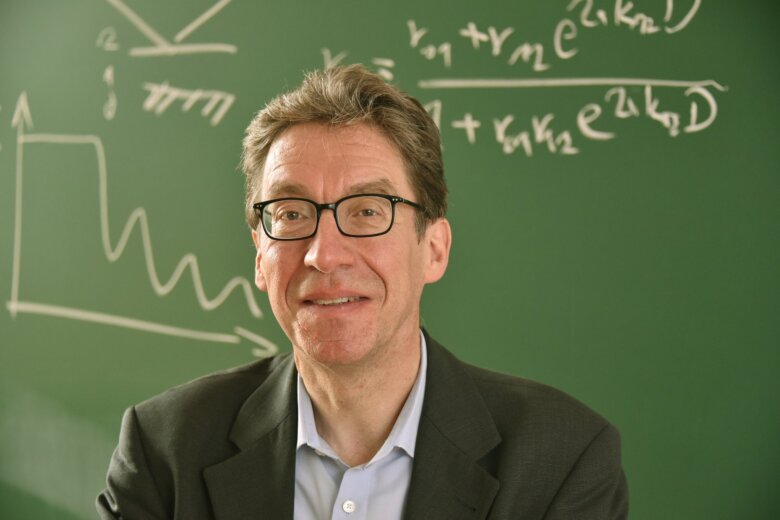- Light
Meldung vom:
Zur Original-Meldung
Das Physikalische Kolloquium findet, wenn nicht anders angegeben, jeweils um 16:15 Uhr im Hörsaal 1 Abbeanum, Fröbelstieg 1 statt.
Termine im Sommersemester 2024
-
17.04.2024 16 Uhr s.t. Aula der FSU
-
06.05.2024
Prof. Mathieu Ossendrijver, Humboldt-Universität Berlin
Foto: privatProf. Dr. Mathieu Ossendrijver
Freie Universität BerlinBabylonian Astronomy. New Insights in an Ancient Science.
In the course of the first millennium BCE, Babylonian astronomers developed sophisticated methods for predicting planetary and lunar phenomena. Astronomical diaries and related texts contain the empirical data from which these methods were derived. This presentation presents new insights into the Babylonian methods and their cross-cultural transmission to other regions of the ancient world.
Gastgeber: Prof. Ralph Neuhäuser
-
13.05.2024
Prof. Gernot Münster, Universität Münster
Foto: privatGastgeber: Dr. Georg Bergner
Prof. Dr. Gernot Münster
Universität MünsterLucy Mensing: Forgotten Pioneer of Quantum Mechanics
In 1925 Lucy Mensing came to Göttingen as a postdoc to work on the new matrix mechanics. She was the first to apply the theory to diatomic molecules, using the new rules for the quantization of angular momentum.
As a by-product of this work, she found that, even though in general both integer and half-integer values are allowed for angular momentum, orbital angular momentum always takes on integer values. Impressed by her clear and masterful treatment of the problem, Pauli invited her to work with him on the polarizability of gases. In this paper, we present Mensing's pioneering work and give a brief account of her life and career, the latter ending in 1930 when she married and started a family.
-
27.05.2024
Gastgeber: Prof. Röhlsberger
Prof. Dr. Dawei Wang
Zhejiang UniversityQuantum simulation at the atom-photon interface
Quantum simulation is traditionally conducted at extremely low temperatures. By using the strong coupling between atoms and light to build superradiance lattices, we can perform quantum simulation at room temperature. By exploiting the quantum degree of freedom of light, we can also build lattices in the Fock state space, providing a wealth of topological states that are fundamentally different from those in classical topological photonics.
-
03.06.2024
Prof. Dr. Harald Lück, Universität Hannover und Max-Planck-Institut für Gravitationsphysik
Foto: privatDr. Harald Lück
Universität Hannover und Max-Planck-Institut für GravitationsphysikThe Einstein Telelescope (status and plans)
Gravitational wave astronomy has become a reality and has grown into a valuable member of the multi-messenger astronomy family over the past observation runs. However, we are only at the beginning of a long journey towards listening to the entire universe, with the next big step being the construction of the third generation of gravitational wave detectors. In Europe, this is the Einstein Telescope. The lecture will give an overview of the current status and future plans.
Gastgeber. Prof. Bernuzzi
-
26.06.2024 um 16 Uhr im Hörsaal 1, Max-Wien-Platz 1
Prof. Ralf Röhlsberger
Foto: Anne Günther (Universität Jena)Antrittsvorlesung
Prof. Dr. Ralf Röhlsberger
Institut für Optk und Quantenelektronik und Helmholtz-Institut JenaGenauer als genau: Atomkerne als Präzisionssensoren
‘Genauer als genau’ steht sinnbildlich für eine Revolution in der Präzisionsmesstechnik, die Rudolf Mössbauer 1958 mit einer bahnbrechenden Entdeckung auslöste: Die Röntgenabsorption und -emission von bestimmten Atomkernen kann so präzise sein wie ein Uhrwerk, das in 30 Millionen Jahren nur eine Sekunde falsch geht. Mit einer derartigen Genauigkeit haben sich diese ‘Mössbauer Atomkerne’ als Hochpräzisionssenssoren in praktisch allen Naturwissenschaften etabliert.
Heute nutzen wir das gepulste Röntgenlicht von modernen Teilchenbeschleunigern mit einer neuen Variante dieser Methode, um Materie auf atomaren Längenskalen und ultrakurzen Zeitskalen zu erforschen. Darüberhinaus eröffnen Atomkerne auch den Weg in die Quantenwelt der Wechselwirkung von Licht und Materie. Hier bieten die ultraschmalen Resonanzen der Isotope Scandium-45 und Thorium-229 die Möglichkeit zum Bau von Kernuhren, welche die genauesten Atomuhren noch übertreffen können.
